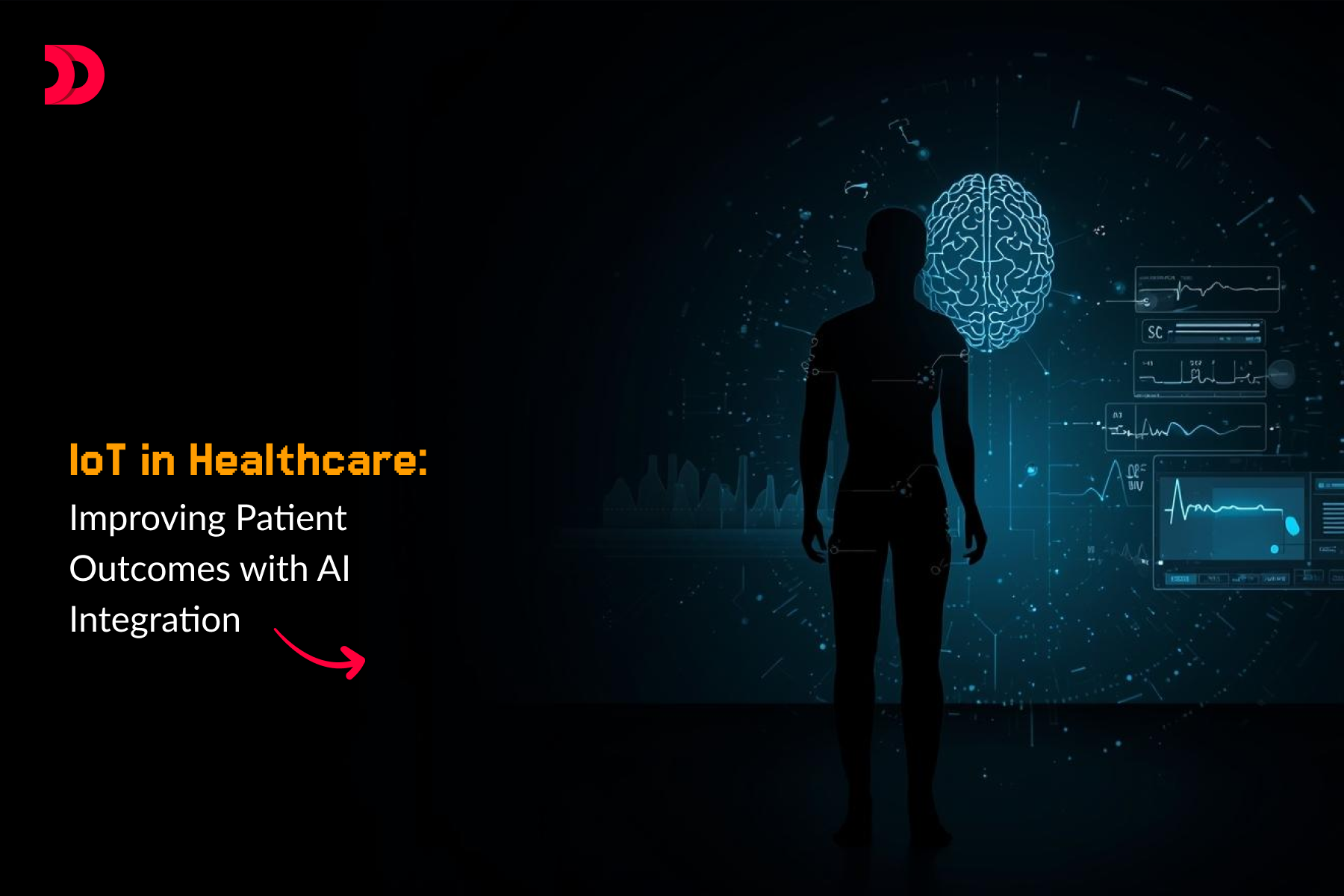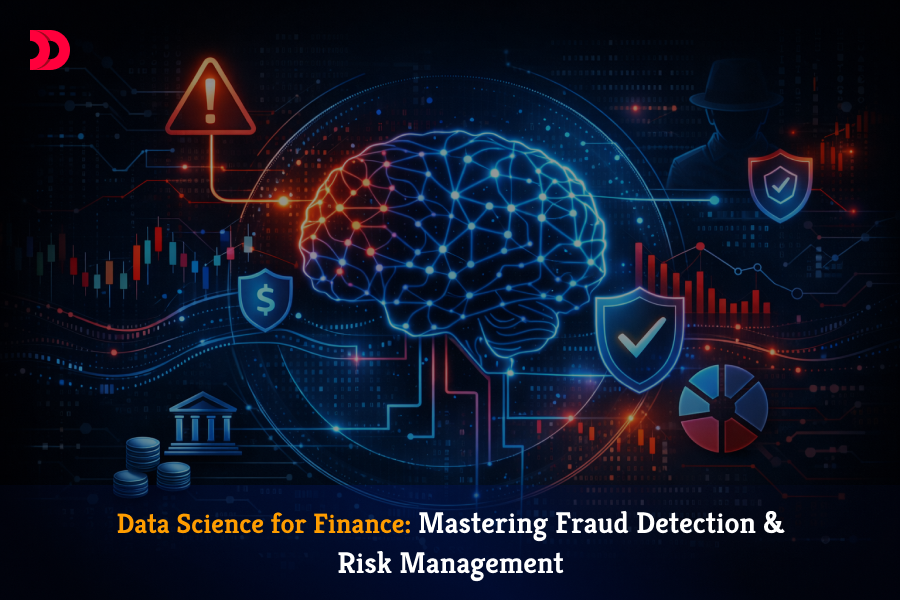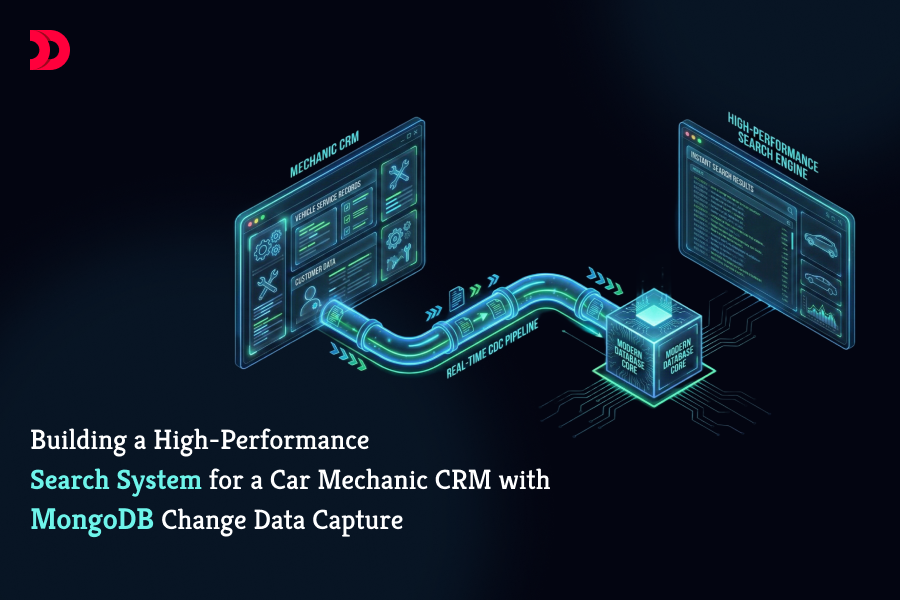In the digital world of today, Artificial intelligence (AI) is playing a significant role in Cybersecurity. As the cyber threats increase in size and complexity, conventional security mechanisms are finding it difficult to solve. Companies need to move away from manual tracking and old firewalls for better cybersecurity from hackers. Here, AI in cybersecurity is bringing a robust toll.
Let us discuss the importance of AI in security, its functionality, Cybersecurity advantages, and disadvantages, and why investing in AI-based security is becoming essential for businesses.
The Increasing Impact of AI On Cybersecurity:
As cyber attacks increase in complexity and frequency, the old security solutions fail. The capacity of AI to process huge amounts of data makes it irreplaceable. It detects minute patterns and adjusts to new threats. This is necessary in current cybersecurity efforts.
However, this same ability also allows cybercriminals to create more mysterious, precision attacks. Grasping both ends of this equation is essential to creating good digital defenses for the AI world of today.
How AI Improves Cybersecurity:
1. AI-Powered Threat Detection:
AI is Revolutionizing Cybersecurity threat detection by looking beyond static signature-based solutions. In order to identify irregularities that might be signs of compromise, machine learning algorithms analyze system activity, user behavior, and network data. By spotting changes in typical behavior, AI can spot new attack patterns and zero-day exploits while older tools wait for recognized threat signatures.
2. Smart Incident Response
When threats are discovered, AI powers instant, automated responses that significantly cut mitigation times. Networks can begin recovery procedures, block shady IP addresses, and quarantine impacted endpoints right away. When it comes to ransomware and other high-velocity threats, when every second matters, this functionality is really helpful.
3. Behavioral Analytics and Anomaly Detection
By creating baselines of typical user and system activity, AI-based solutions are able to detect potentially malicious activity that would otherwise evade detection. This method is particularly effective against insider threats and advanced persistent threats (APTs) that avoid traditional security countermeasures.
4. Predictive Security Posture
AI recognizes threats rather than just reacting to them. Machine learning algorithms can predict likely attack channels and vulnerabilities by analyzing historical attack patterns and comparing global threat information. This helps corporations to take preventative action to shut down their defenses before they are attacked.
Read More- AI in Sports- How Artificial Intelligence Is Redefining the Sports Industry
The Dark Side: How Hackers Use AI
Sadly, the effect of AI on cybersecurity is not always good. Hackers’ use of AI in cybersecurity is now more targeted, scalable, and evasive.
AI is making possible:
- Intelligent phishing attacks: AI-text emails imitate human context and language, making them harder to identify.
- Deepfakes for fraud: Phishing requests are shown, or executives are copied using audio and video editing technologies.
- AI-based malware: Artificial intelligence is used to develop malware that can learn from the environment it resides in, evolve to become immune to detection, and attack when most effective.
One such shocking incident was AI voice use in a famous fraud case where a CEO was coerced into transferring money based on a seemingly genuine voice prompt. This actual event highlights the fact that though AI is transforming cybersecurity, it can be used against us with equal fervor.
The Future of AI for Cybersecurity
While AI technologies become more advanced, the danger becomes greater. The future of AI in cybersecurity will be centered around creating systems that learn, heal, and act more independently while remaining under human guidance.
Adoption by industry is advancing within the finance, healthcare, government, and e-commerce sectors. As dependence on online platforms grows, so does the necessity of the benefits of AI in cybersecurity has to offer.
But it also means that we need to create more preemptive defenses, such as:
- Ethical AI development.
- Real-time collaboration and connection between industries.
- More robust public-private partnerships for sharing cyber intelligence.
For businesses, this future requires the support of seasoned partners, especially those with knowledge of secure system architecture and artificial intelligence.
Final Words:
There are pros and cons of applying AI in cybersecurity. Even though it protects firms against advanced attacks, when applied with evil intent, it creates new risks. That is why awareness, human-AI collaboration, and responsible usage are primary to benefiting from AI in cybersecurity.
In this ever-present struggle, do not fight alone. Join us with specialists as an AI Development Company, who are aware of the ever-changing digital threat environment.
Want to implement smart cybersecurity into your business? Reach out to Devstree and let’s explore the advantages of AI in Cybersecurity together.
 Feb 04, 2026
Feb 04, 2026 















